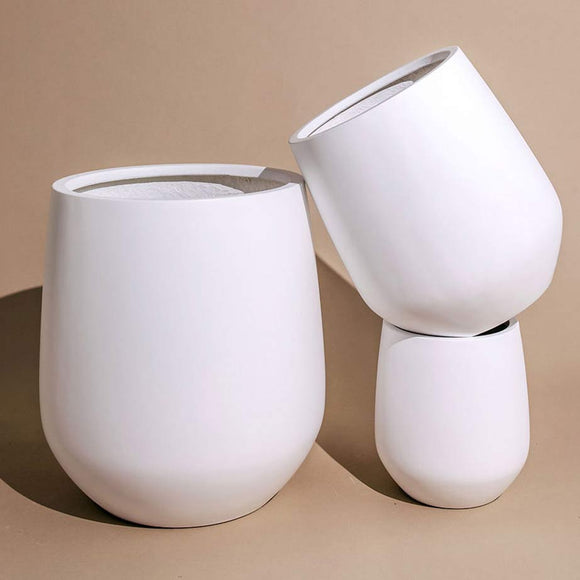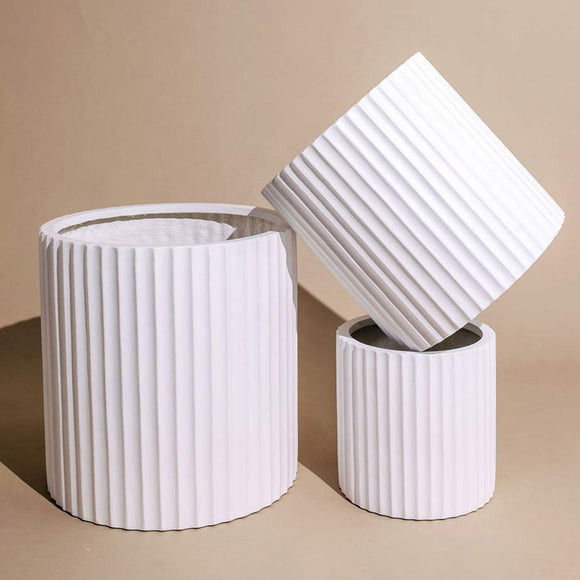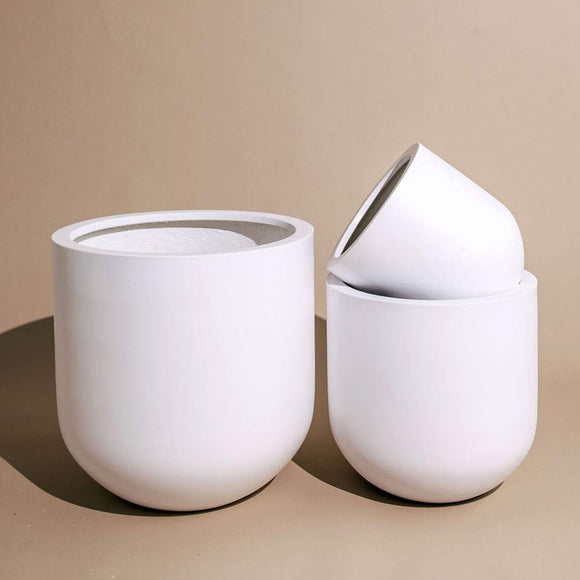A Guide to Cultivating Bamboo
While bamboo may share a woody-tree-like exterior, it belongs to the grass family, Graminea, revealing a diverse array of over 1500 varieties thriving in climates worldwide. The World Bamboo Organisation highlights its global presence, extending beyond Asia, with Australia boasting three native species—Bambusa arnhemica, Mullerochloa moreheadiana, and Neololeba atra—in the Northern Territory and Queensland.
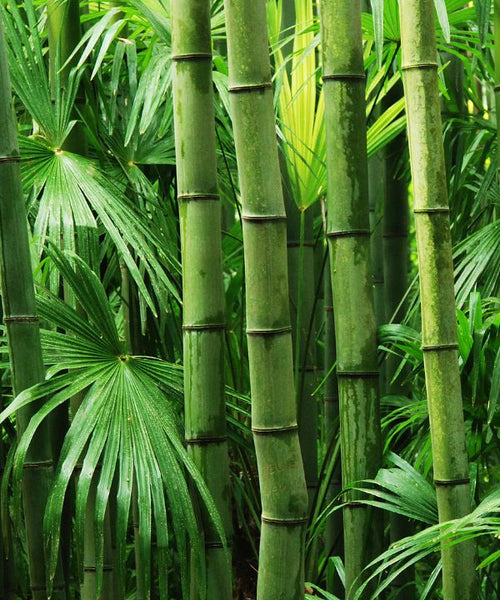
Remarkably, bamboo's meteoric growth, averaging one meter daily, propels it to the title of the world's fastest-growing plant, achieving maturity in a mere five years. This agility stands in stark contrast to the slow-paced journey of a Red Maple Tree, which takes twenty-five years to mature. Adding to its allure, bamboo's minimal water requirements, negligible need for additional resources like fertilisers, and low-maintenance profile set it apart from conventional trees.
Beyond its rapid growth, bamboo showcases an impressive resistance to pests and insects, eliminating the need for harmful pesticides and insecticides, notorious contributors to greenhouse gas emissions. Bamboo's remarkable capacity to absorb and store atmospheric carbon dioxide further bolsters its eco-credentials. An expanse of one hectare can absorb approximately 17 tonnes of CO2 annually while concurrently producing 30% more oxygen than hardwood tree plantations of equivalent size.
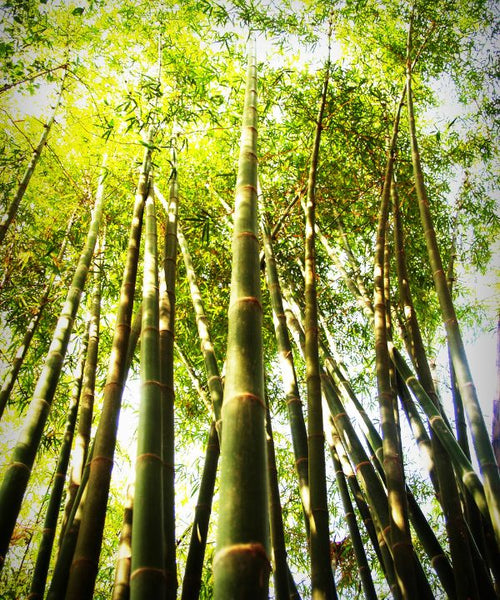
Bamboo's unique growth pattern, with shoots sprouting even after stem removal, solidifies its status as a continuously renewable resource. Despite its shallow roots and stems, their durability and strength make bamboo a natural choice for stabilising loose soil in erosion-prone areas. The flexibility of bamboo stems ensures resilience during stormy weather, preventing breakage or uprooting. Notably, its heat resistance and resistance to warping or rotting in humid conditions position bamboo as an alternative to traditional wood.
Historically, bamboo has been a versatile material for constructing homes, sailing vessels, furniture, and kitchenware. In modern times, it plays a pivotal role in the global textile industry. With its water-efficient growth—requiring only a third of the water needed for cotton—researchers continually explore bamboo's potential as an environmentally conscious alternative. Bamboo emerges as a renewable, multifaceted substitute from plastics to paper, contributing to a more sustainable future.
Keen to learn more? Check out this blog on the Staghorn Fern!





